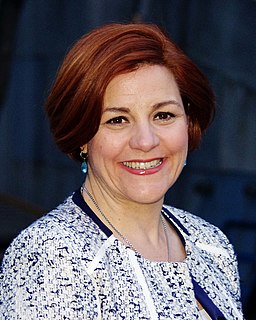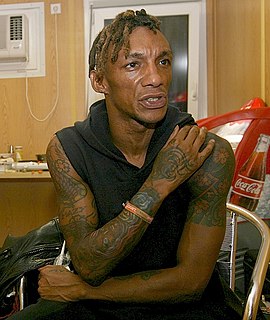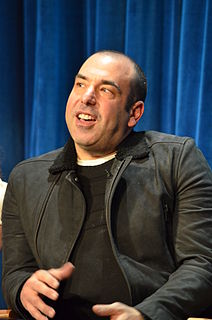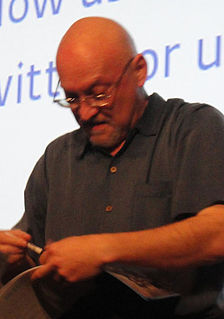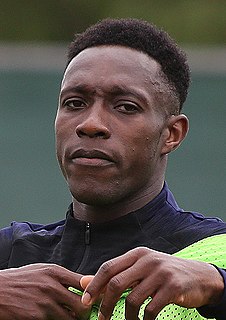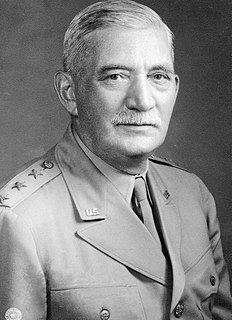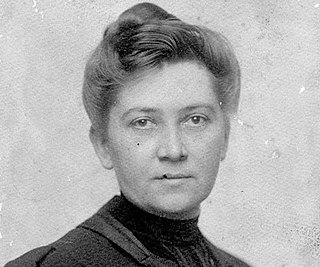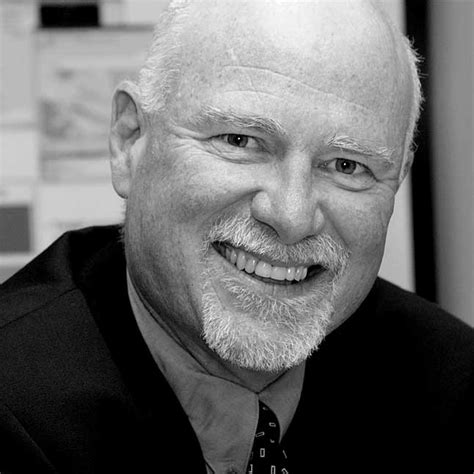A Quote by Tullian Tchividjian
I was spending too much time thinking about how I was doing, if I was learning everything I was supposed to be learning during this difficult season, whether I was doing it right or not, taking my spiritual pulse, etc - my inner lawyer was working overtime.
Related Quotes
But why must everything have a practical application? I'd been such a diligent soldier for years - working, producing, never missing a deadline, taking care of my loved ones, my gums and my credit record, voting, etc. Is this lifetime supposed to be only about duty? In this dark period of loss, did I need any justification for learning Italian other than that it was the only thing I could imagine bringing me any pleasure right now?
What is wrong with encouraging students to put "how well they're doing" ahead of "what they're doing." An impressive and growing body of research suggests that this emphasis (1) undermines students' interest in learning, (2) makes failure seem overwhelming, (3) leads students to avoid challenging themselves, (4) reduces the quality of learning, and (5) invites students to think about how smart they are instead of how hard they tried.
I'm still learning. It's all a learning curve. Every time you sit down, with any given episode of any given show, it is a learning curve. You're learning something new about how to tell a story. But then, I've felt that way about everything I've ever done - television, features or whatever. Directing or writing, it always feels like the first day of school to me.
It's amazing how much information is coming at us most of the time through technology, the media and the busyness of the world around us. I've decided that the world probably isn't going to change, so I have to change. I'm learning how to keep my mind on what I'm doing, rather than thinking about several things at once or what I want to do next.
You're always learning as an actor... anything you do is a learning experience. It's the same whether you're doing film or TV, you have to do the part to the best of your ability, no matter how big or small the role. It's as simple as that, really. But every bit of work you do is a learning experience - which is the same, I guess, for people in whatever job they do. But with acting, it's also fun to be able to explore different characters and emotions.
one trouble with all the churches is that they have too many incurable saints in them, men and women who pray too much and do too little, who cannot forget their own selfish salvation enough to look after other people's without feeling their own spiritual pulse all the time they are doing it. Of late I've sometimes suspected that it is nearly as debilitating to stay in the church all the time as it would be to stay in a hospital all the time.
The best results are achieved by using the right amount of effort in the right place at the right time. And this right amount is usually less than we think we need. In other words, the less unnecessary effort you put into learning, the more successful you'll be... the key to faster learning is to use appropriate effort. Greater effort can exacerbate faulty patterns of action. Doing the wrong thing with more intensity rarely improves the situation. Learning something new often requires us to unlearn something old.



